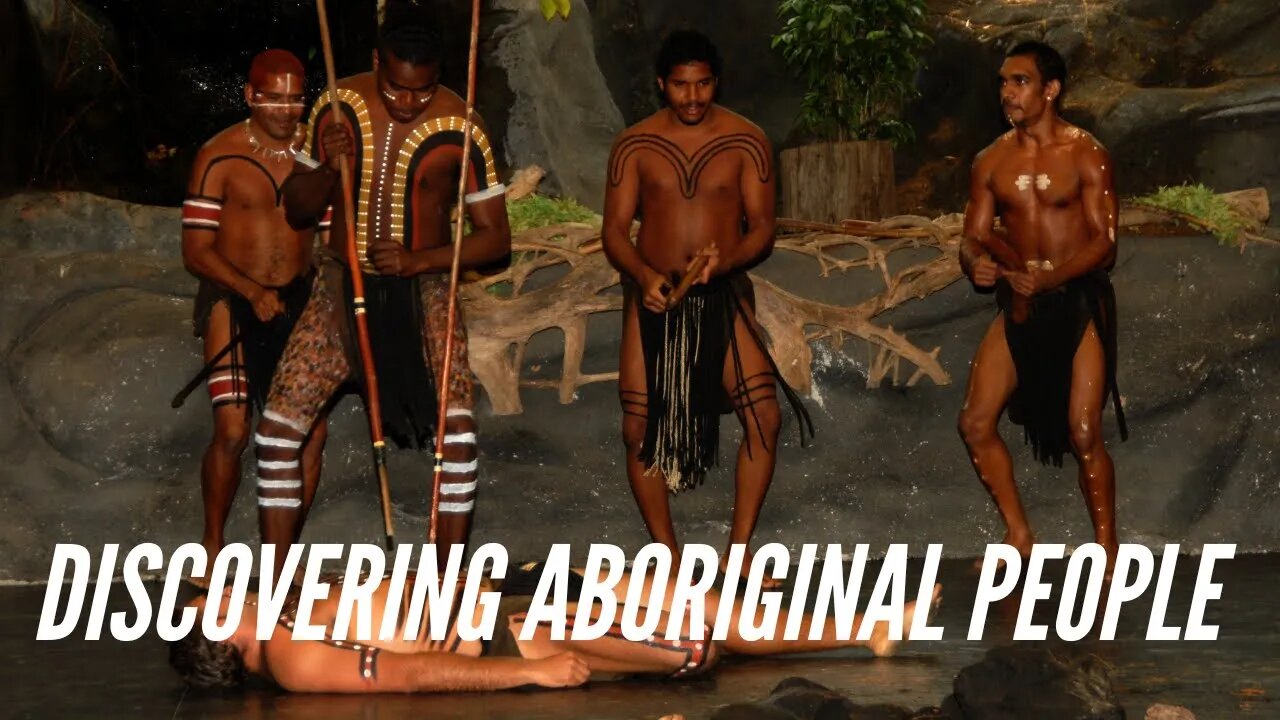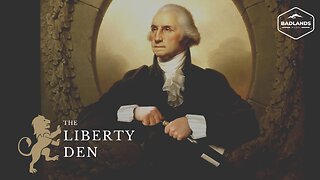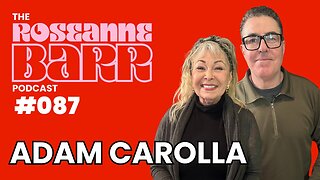Premium Only Content

Discovering the Rich Culture and History of Aboriginal People in Australia
Aboriginal people are the Indigenous peoples of Australia. They have a rich and complex history that spans thousands of years. Despite being the oldest continuous culture in the world, Aboriginal people have faced a range of challenges and injustices, including dispossession of their land, discrimination, and marginalization. Today, they continue to work towards recognition, reconciliation, and self-determination.
Aboriginal people have lived in Australia for over 65,000 years. They have a deep connection to the land and sea, which is reflected in their spiritual beliefs and cultural practices. Aboriginal people have a complex system of kinship and social organization, which is based on the concept of the Dreaming or Dreamtime. The Dreaming refers to the period of creation when the world was formed and is a central part of Aboriginal culture and spirituality.
Aboriginal people have a rich artistic tradition, which includes painting, sculpture, dance, music, and storytelling. They use these forms of expression to share their stories, histories, and beliefs. Many Aboriginal artworks depict the Dreaming and the natural world, and are highly sought after by collectors and museums around the world.
Despite their long history and cultural richness, Aboriginal people have faced a range of challenges since the arrival of Europeans in Australia in 1788. Aboriginal people were dispossessed of their land and resources, and subjected to policies of forced removal and assimilation. The Stolen Generations refers to the estimated 100,000 Aboriginal children who were taken from their families between 1910 and 1970 and placed in institutions or adopted by non-Indigenous families.
Aboriginal people have also faced systemic discrimination and marginalization, which has led to high rates of poverty, unemployment, and poor health outcomes. The Australian government has recognized these injustices and has taken steps towards reconciliation, including issuing a formal apology to the Stolen Generations in 2008 and establishing the National Apology Foundation to support healing and reconciliation.
Aboriginal people continue to work towards self-determination, which involves the right to make decisions about their own lives and communities. Many Aboriginal communities are involved in land rights and native title claims, which seek to recognize and protect their traditional ownership of land and resources. Aboriginal people also advocate for greater representation in government and institutions, and for recognition and respect for their culture and history.
In recent years, there has been growing awareness and appreciation of Aboriginal culture and history in Australia and around the world. The annual NAIDOC Week celebrations, which take place in July, showcase Aboriginal culture and history and highlight the ongoing contributions of Aboriginal people to Australian society.
In conclusion, Aboriginal people have a rich and complex history and culture that has been shaped by thousands of years of connection to the land and sea. Despite the challenges they have faced, Aboriginal people continue to work towards recognition, reconciliation, and self-determination. As we learn more about their history and culture, it is important to acknowledge and respect their ongoing contributions to Australian society and to work towards a future of greater understanding and harmony.
Affiliate Information: This video and the description can contain affiliation links, which means that if you click on one of the links of the product, I will receive a small commission.
Build and Organize a Detailed and Customizable Trip or Event Plan From Scratch!
https://clk.tradedoubler.com/click?p=324547&a=3296431&url=https%3A%2F%2Fwww.planiversity.com%2Fstaging%2F
Aboriginal People
https://amzn.to/3J96PLc
-
 3:03:44
3:03:44
The Why Files
3 days agoCOMPILATION: Pyramids, Mounds and Mountains
37.4K58 -
 2:00:15
2:00:15
Badlands Media
22 hours agoThe Liberty Den Ep. 131
83.6K17 -
 2:05:26
2:05:26
TimcastIRL
7 hours agoTrump NUKES IRS, Mass Fed Layoffs, Democrats REVOLT Over 200k Layoffs w/Roma Nation | Timcast IRL
112K128 -
 1:39:03
1:39:03
Roseanne Barr
11 hours ago $27.27 earnedAdam Carolla! | The Roseanne Barr Podcast #87
105K25 -
 1:29:04
1:29:04
Glenn Greenwald
10 hours agoTrump, Vance & Musk Announce a Radically New Foreign Policy Framework; Prof. Norman Finkelstein on Gaza's Future, the Cease-Fire Deal & Fallout from the U.S./Israeli War | SYSTEM UPDATE #407
122K84 -
 4:15:00
4:15:00
Nerdrotic
12 hours ago $44.52 earnedCaptain Falcon America REVIEW, Disney Ending DEI? Rings of Power RETURNS | Friday Night Tights #341
195K34 -
 9:34:03
9:34:03
FusedAegisTV
20 hours agoMario Galaxy, Batman, Real Talk/Politics, & MORE - V-Day 💗 Friday Variety Stream!
45.5K1 -
 1:10:49
1:10:49
Vigilant News Network
8 hours agoRFK Jr. Drops a Stunning Announcement | The Daily Dose
67.5K40 -
 49:49
49:49
Candace Show Podcast
12 hours agoEXCLUSIVE: Blake & Ryan’s Desperate Legal Strategy Exposed! | Candace Ep 147
182K131 -
 1:32:20
1:32:20
2 MIKES LIVE
9 hours ago2 MIKES LIVE #180 with guest Kyle Rittenhouse!
48.6K4